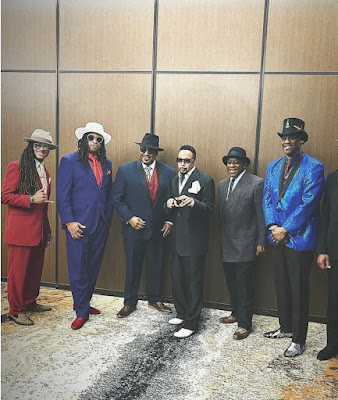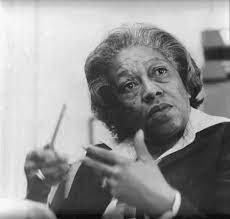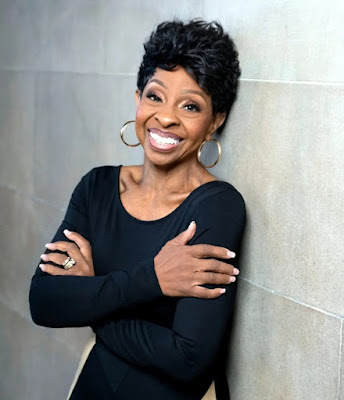May 7, 2023 Underground Railroad Language
Underground Railroad Secret Codes
Supporters of the Underground Railroad used words railroad conductors employed everyday to create their own code as secret language in order to help slaves escape. Railroad language was chosen because the railroad was an emerging form of transportation and its communication language was not widespread. Code words would be used in letters to “agents” so that if they were intercepted they could not be caught. Underground Railroad code was also used in songs sung by slaves to communicate among each other without their masters being aware.
These are the most commonly used code words and their meanings:




Comments
Post a Comment